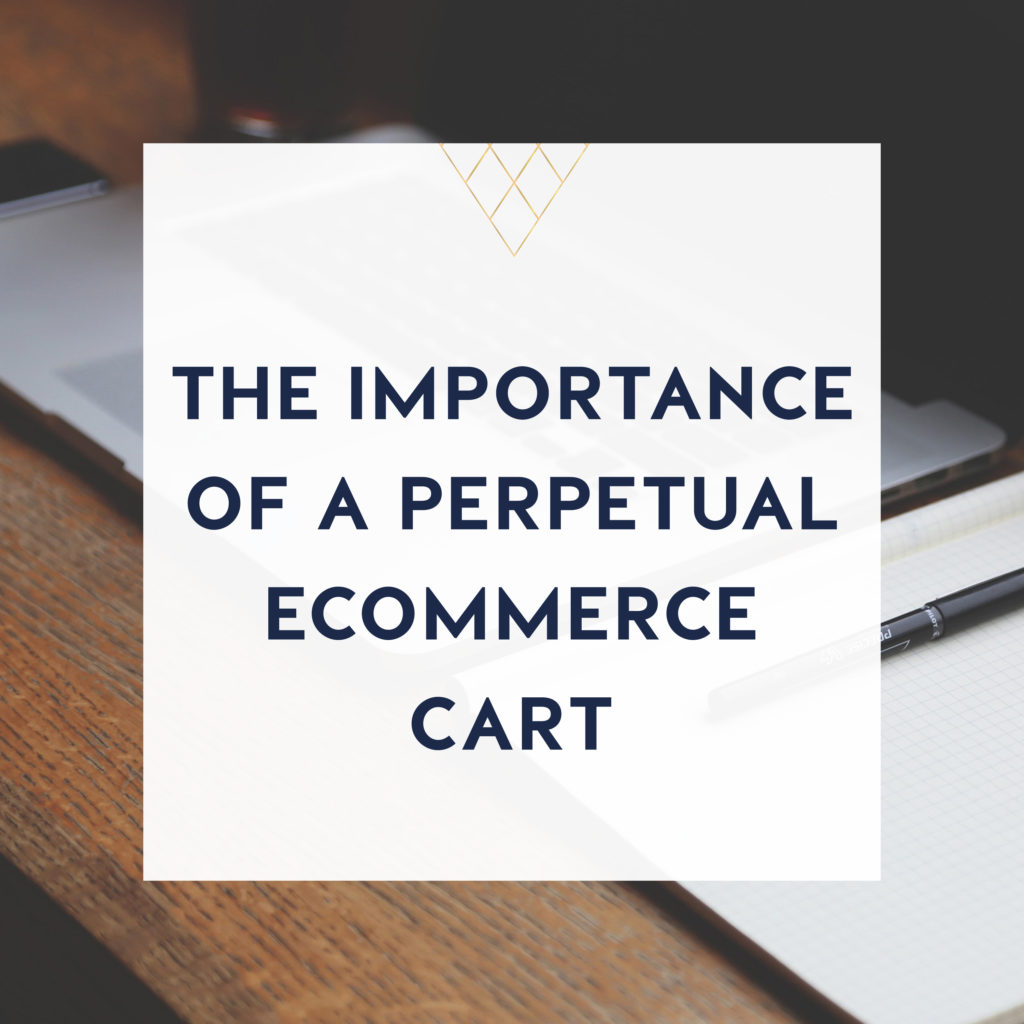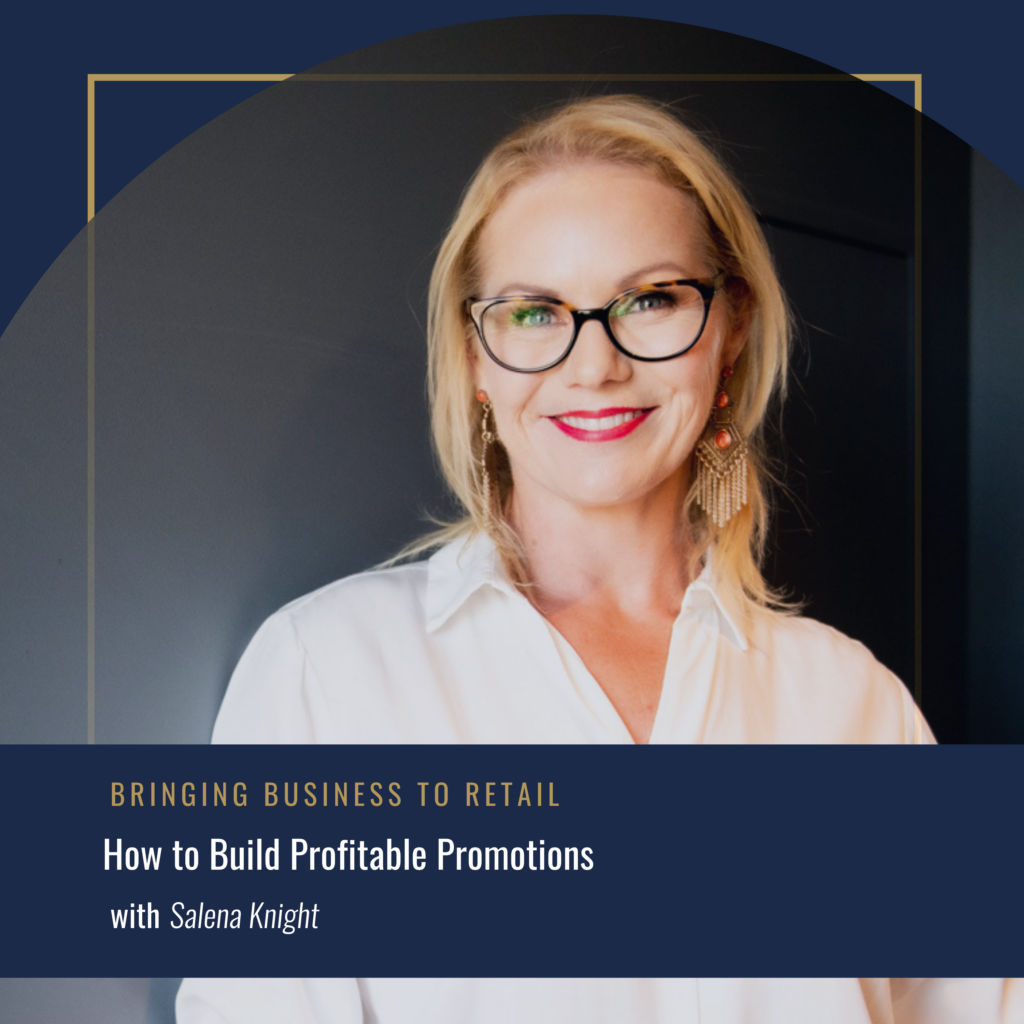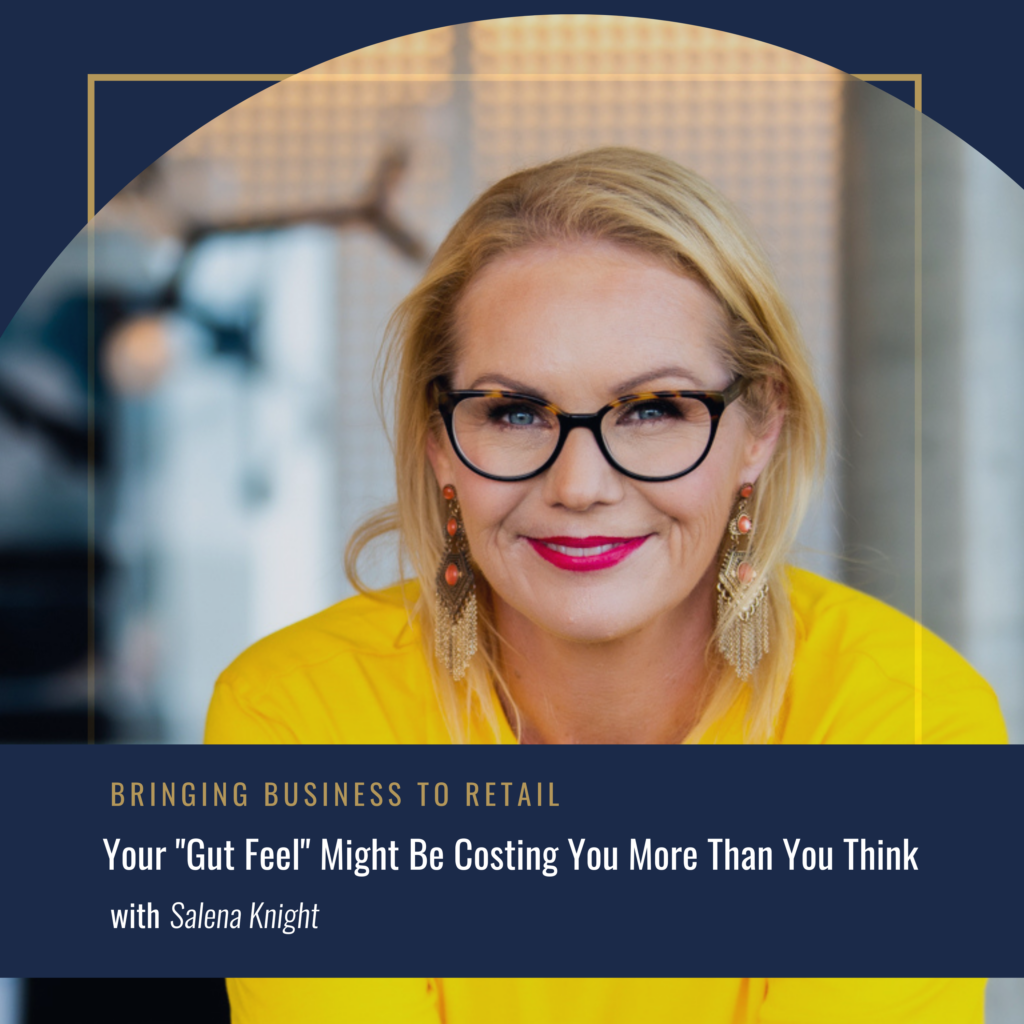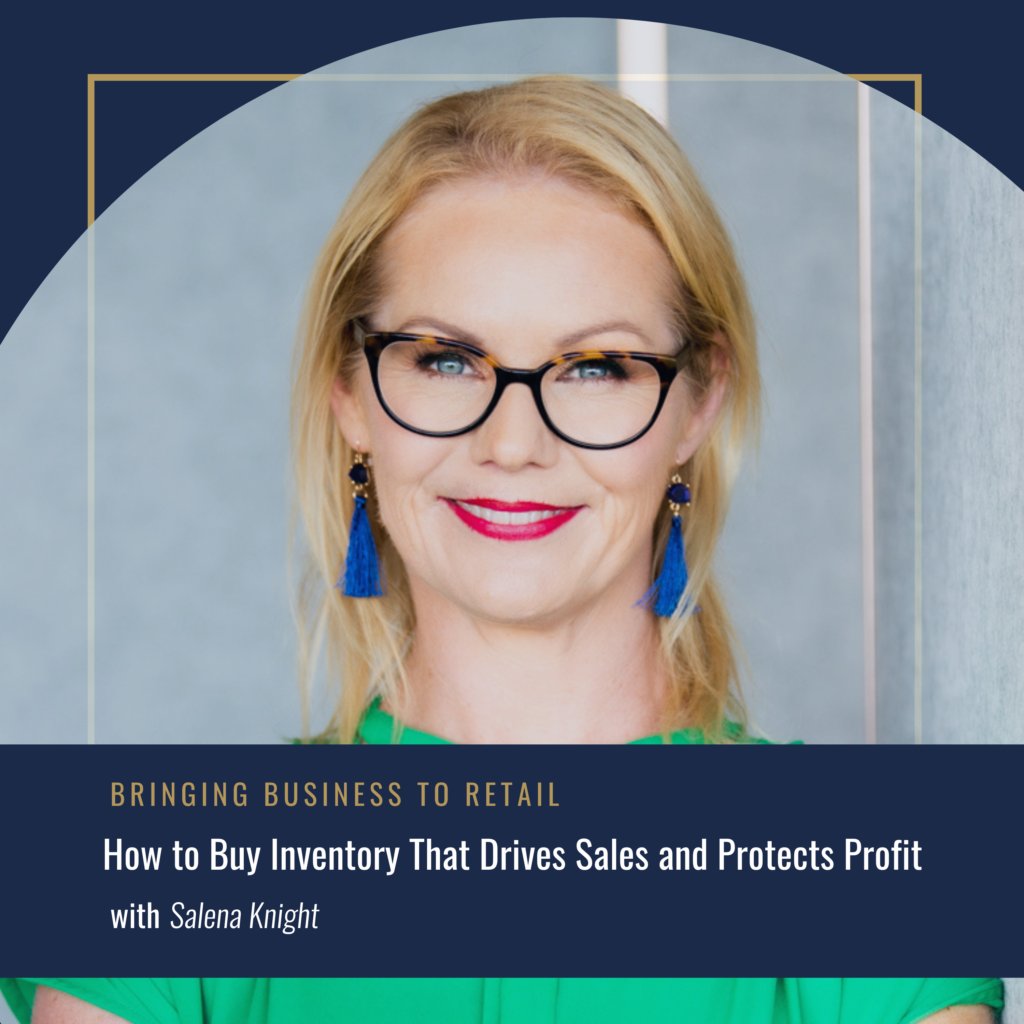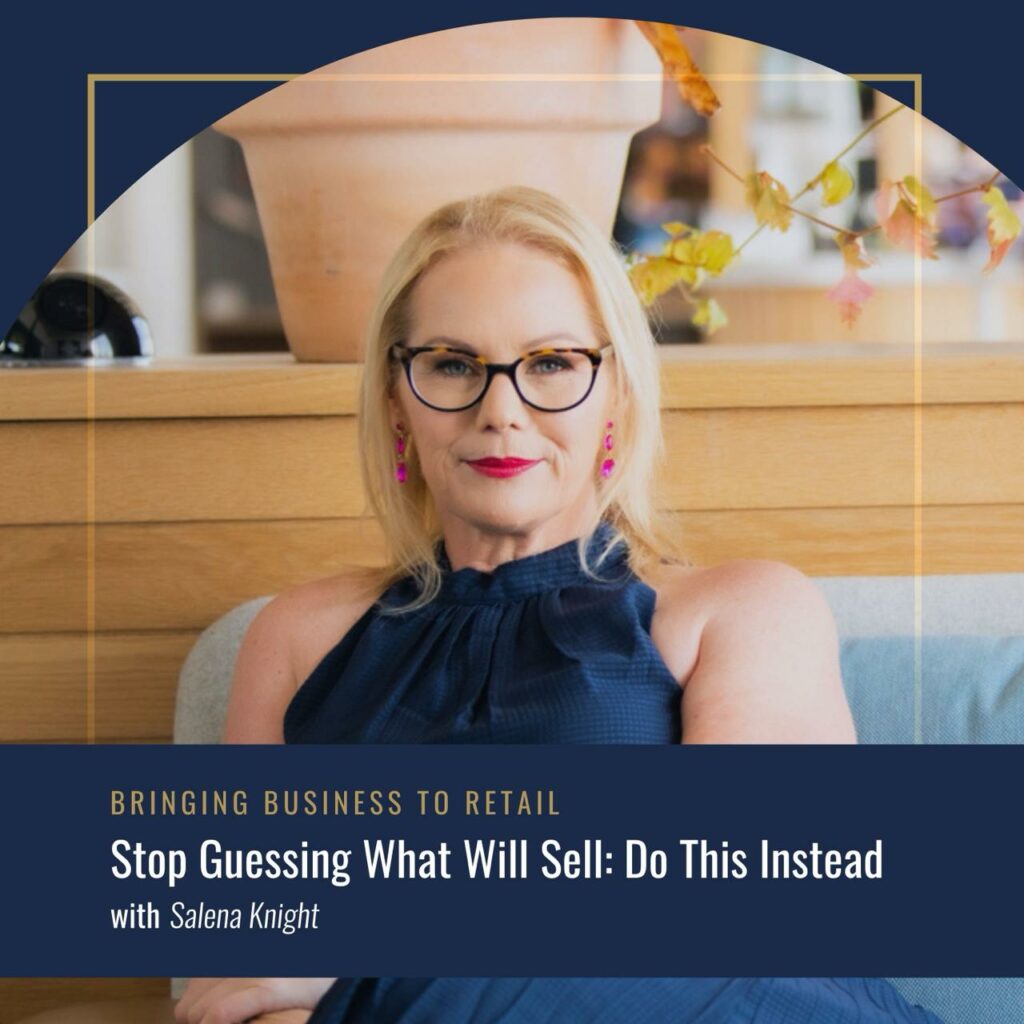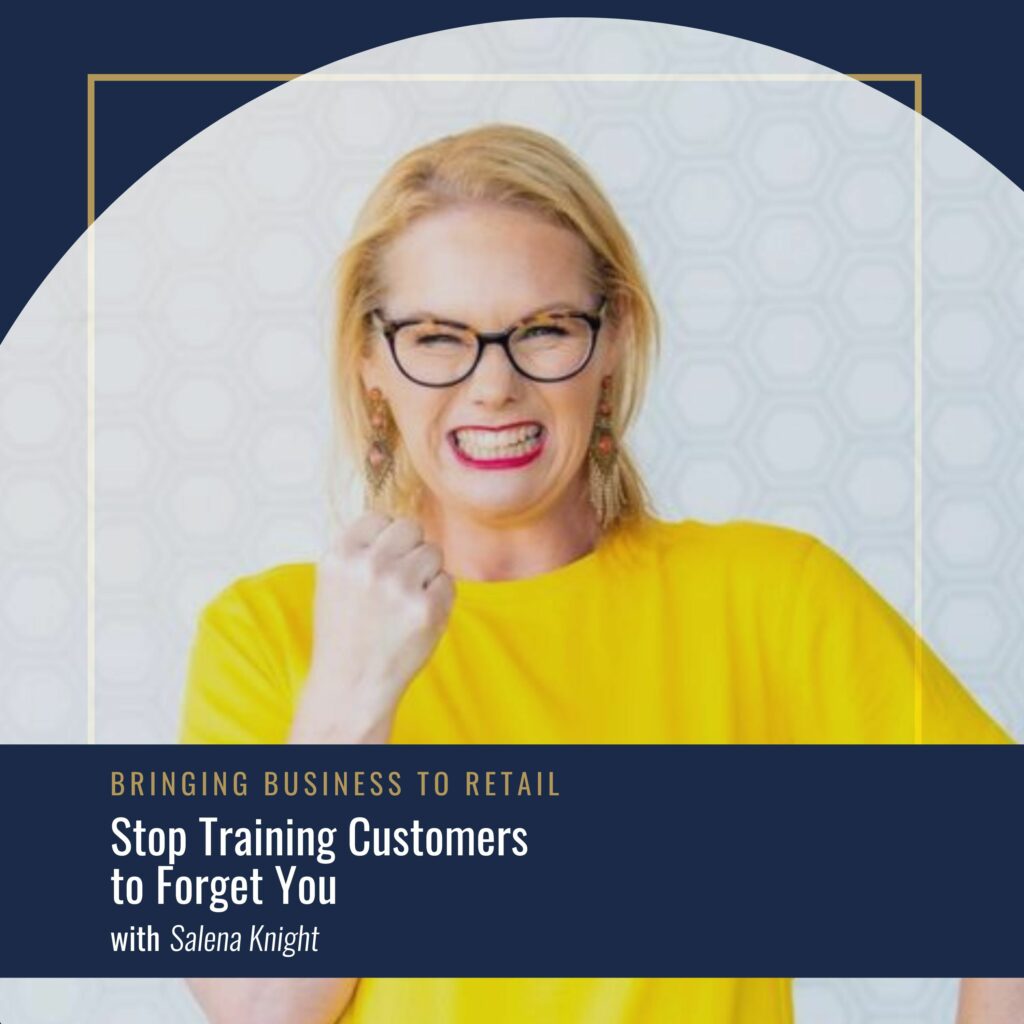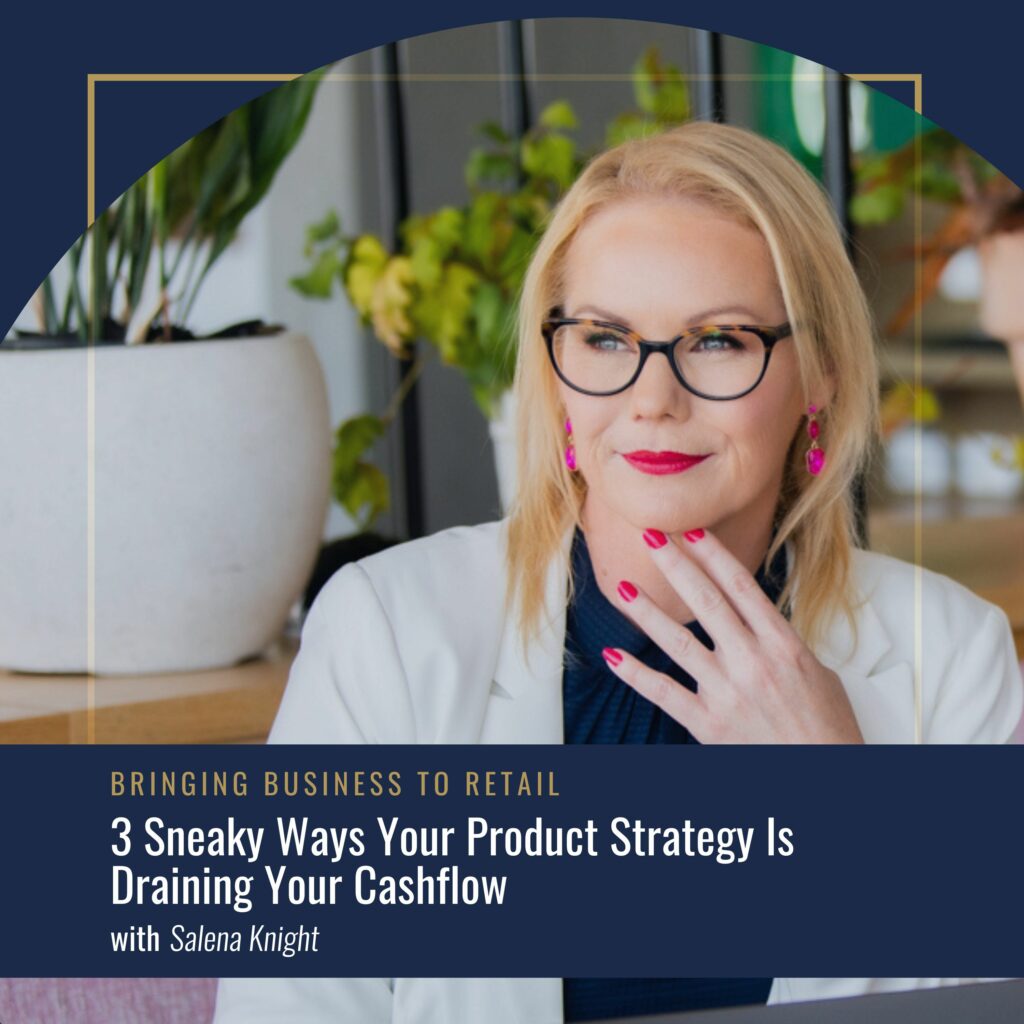Does this sound familiar to you? You’ve just sat down in front of your computer. There’s a cup of tea, or maybe a sneaky glass of wine by your side, and you’re ready to settle into an evening of online shopping.
Then, the kids start crying, or there’s some kind of random emergency that seems to befall your household, just when you’ve sat down.
Right? Happens to me All. The. Time.
When you finally get around to heading back to your favourite online store, you find all of the things you’ve added to your cart are gone.
Pouf.
If you’ve had this happen to you, you’ve probably decided it’s not worth the bother to try and remember everything that you added to you cart. If you weren’t buying specific, items that you realllly wanted or needed, you’ve literally put those purchases in the too hard basket and that store has lost your sale.
Even worse for said business, you could have gone back and added even MORE things to your cart, when you had a few spare minutes, and the sale would have been bigger.
As the retailer, not only did you lose the money, but if you don’t have a perpetual cart active on your site, you can’t prompt a customer to come back and finish the checkout process.
Whilst you, as the customer, could have all good intentions of buying something, but if life gets in the way, it slips to the bottom of the to do pile in your brain, and likely disappears into the wasteland of non important things, never to be remembered. If you’re anything like me, the only time you remember is when you go to USE the thing you THOUGHT you bought, only to realise usually after an hour of fruitless searching, that maybe you never actually pressed the pay button on that order.
When that happens, you’re not only frustrated you don’t have the thing you were looking for, but you start to get annoyed with the store for not reminding you. Ok, we should be responsible for our own actions, right, but a little reminder every now and then can be a good thing.
And that process is called email retargeting, A simple reminder to a customer that they’ve got items in their cart that are just waiting to jump in a box and be couriered to their door. You can also implement some FOMO marketing here, if your ecommerce sit has the ability to re-email a customer when the stock of any item in their cart is getting low. Sometimes, the customer needs a little push to decide that they really want the item, and fear of missing out can be just what the shopping cart ordered.
You can also look at implementing exit-intent pop ups. Those are little reminders that can detect when a customer is about to leave your site, and prompts them to carry out an action, which in the retailers case, is to finish the checkout process.
With research showing that in January 2016, the average documented online shopping cart abandonment rate is , 68.63%, that’s an awful lot of money that retailers are missing out on.
If you want to increase your sales, it’s important that you don’t make your customers work hard to spend money with you. By having a perpetual cart, you ensure that a customer always feels welcome, and with email retargeting, and exit intent pop ups on your site , your customer knows they are free to browse, safe in the knowledge that they can do so at their own leisure.
Download “The Importance of A Perpetual Ecommerce Cart” Retail Biz Strategy
